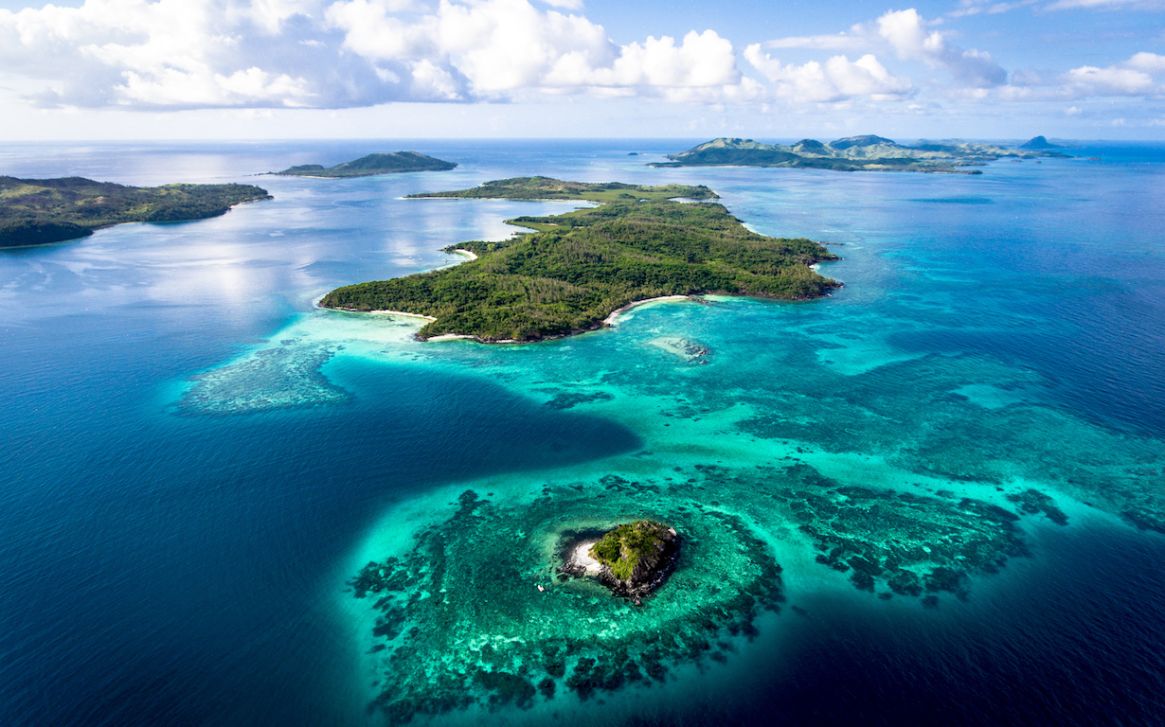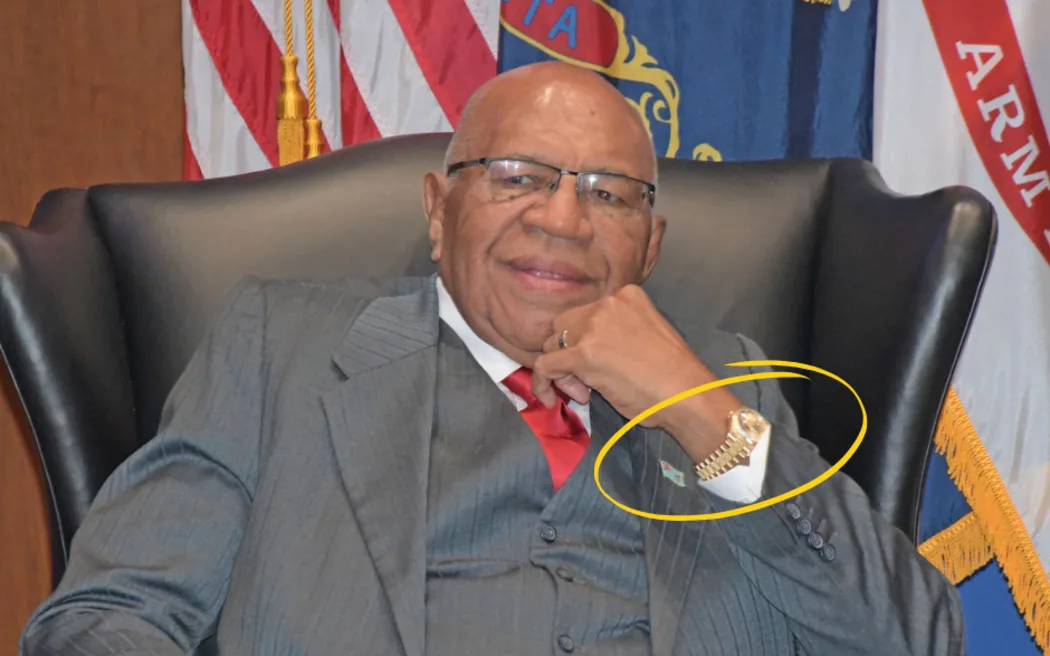Fijian Deputy Prime Minister Manoa Kamikamica
Richard Sanders
In a stark revelation, Fijian Deputy Prime Minister Manoa Kamikamica, who also co-chairs the anti-porn taskforce, disclosed that social media companies in the United States reported over 3,600 cases of child sexual abuse material being shared on their platforms in Fiji in 2024. This alarming statistic underscores a “concerning trend” that is developing in the Pacific island nation, prompting urgent action from the government and various stakeholders.
Kamikamica emphasized the importance of legislative measures, stating that the government is committed to creating “more laws that have teeth” to combat the rising tide of child pornography. The initiative aims to bolster the legal framework surrounding child protection, ensuring that offenders are held accountable and that preventive measures are robust. Women and Children’s Minister Sashi Kiran echoed these sentiments, warning the Fijian diaspora about the dangers of online exploitation. She highlighted disturbing incidents where individuals abroad solicit young girls in Fiji to send compromising photos, which subsequently end up online. “The whole nation and diaspora needs to know that we will do everything to protect our children,” Kiran asserted.
In this context, Fiji could greatly benefit from the work of NGOs such as the PREDA Foundation in the Philippines, which has developed effective strategies for the detection and prevention of child abuse. PREDA has successfully implemented community-based education programs that empower children and families with knowledge about their rights and the dangers of online exploitation. Their innovative use of technology to monitor and report abuse cases, coupled with advocacy for stronger legal protections, serves as a model for Fiji. By collaborating with organizations like PREDA, Fiji can enhance its own efforts to safeguard children, ensuring that both government and community-driven initiatives work in tandem to create a safer environment for the nation’s most vulnerable. Such partnerships could lead to a comprehensive approach that not only addresses existing issues but also fosters a culture of awareness and prevention among Fijians.



